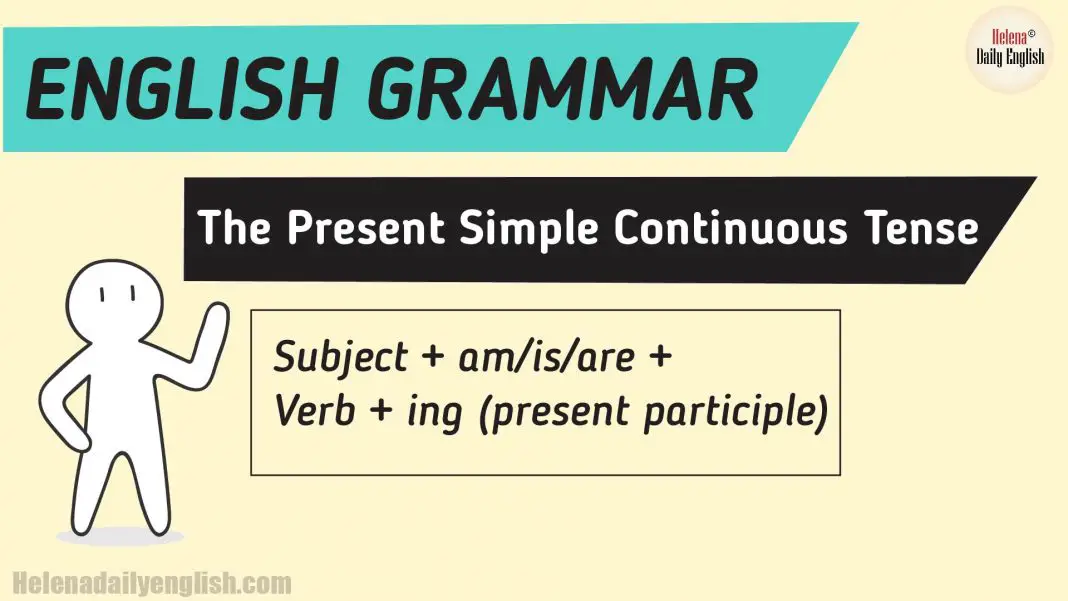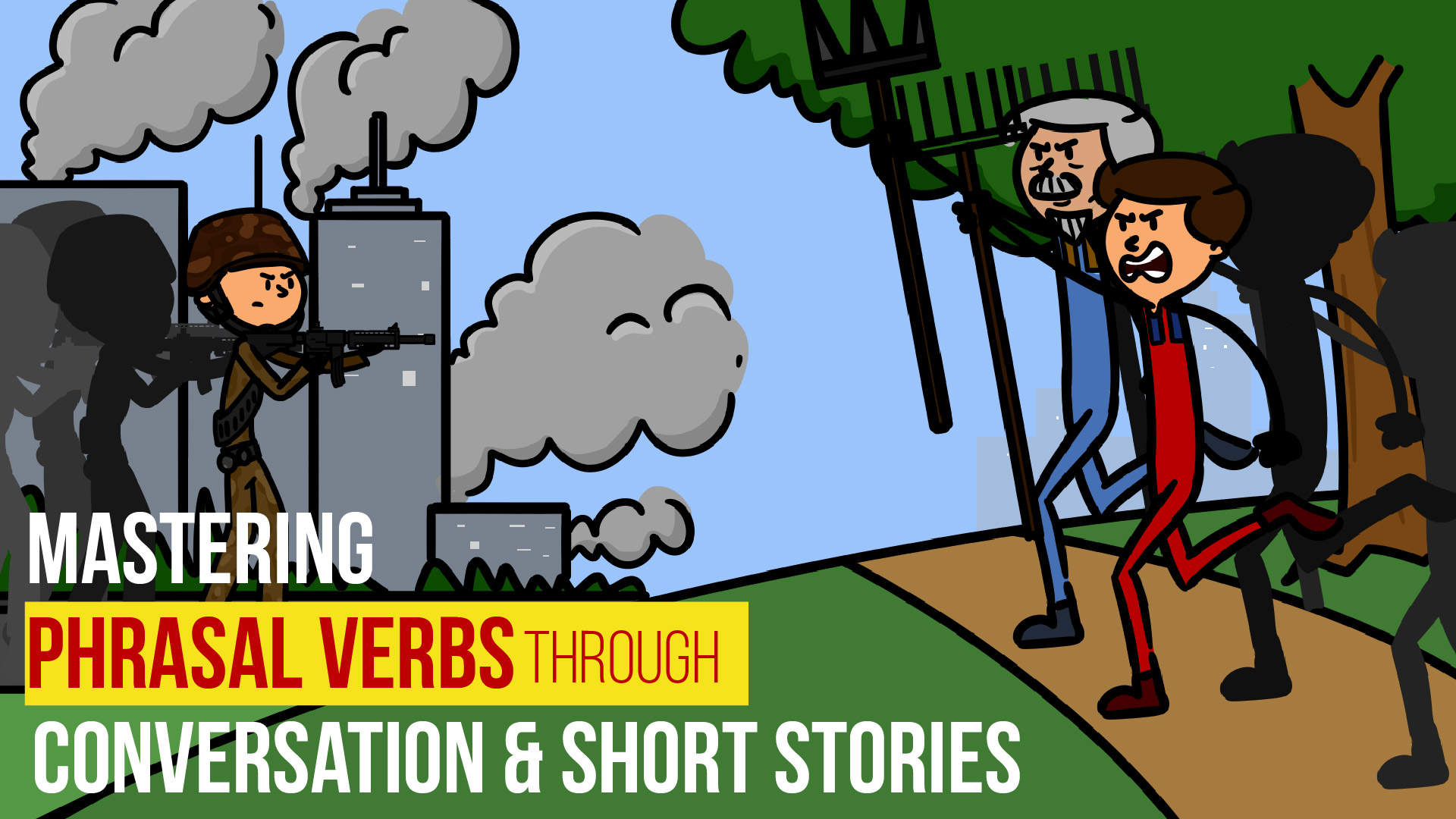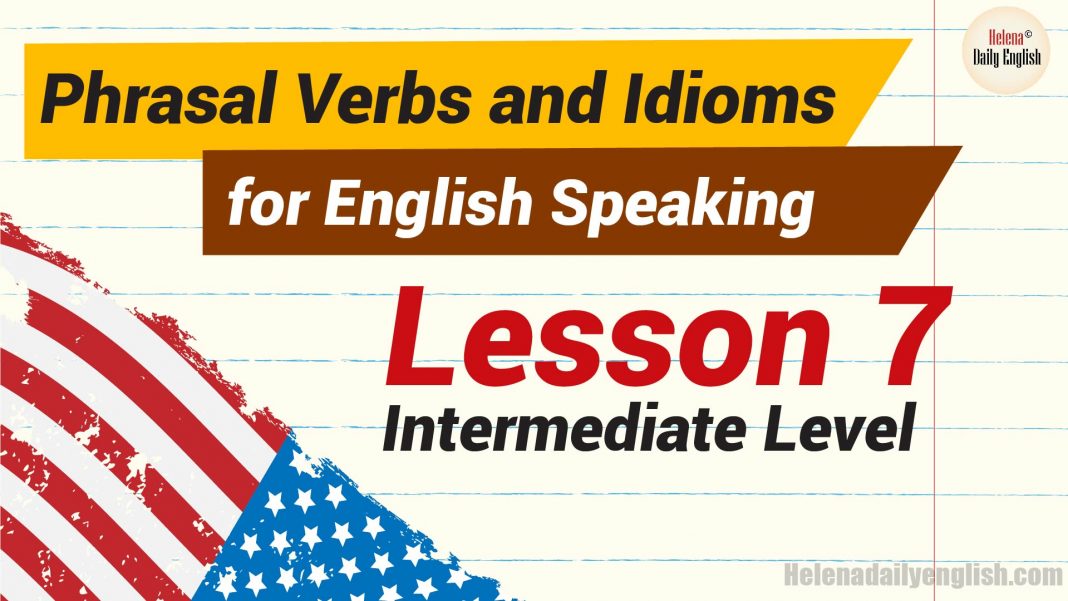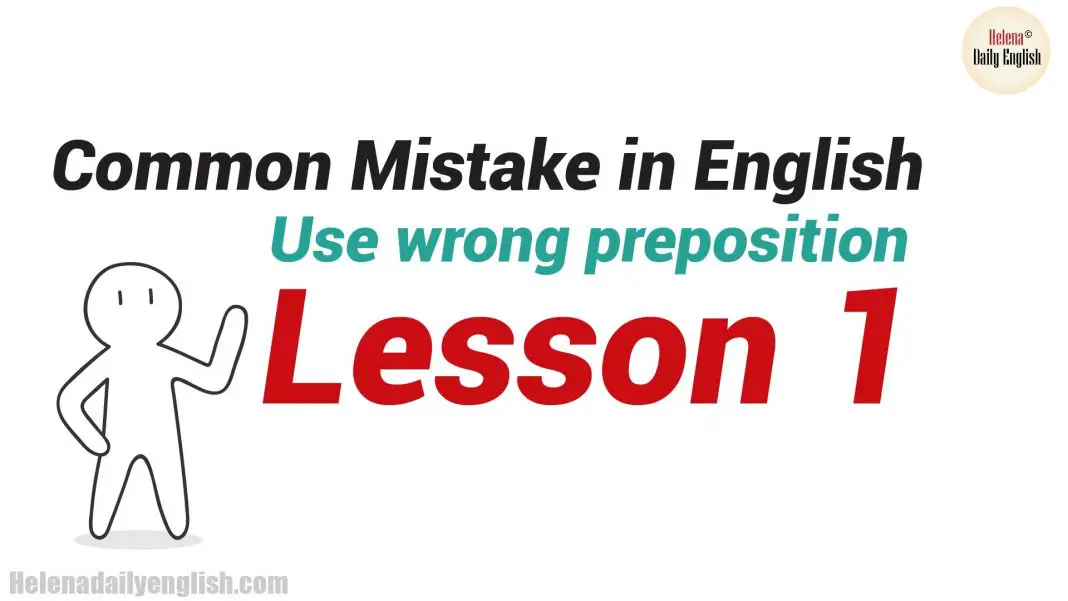I. Form
1. Affirmative (+)
Subject + am/is/are + Verb + ing (present participle)
• Example 1: She is reading an interesting book
• Example 2: They are working
2. Negative (-)
Subject + am/is/are + NOT + Verb + ing
• Example 1: They are not listening to music now
• Example 2: It’s not raining anymore
3. Interrogative (?)
Am/is/are + Subject + Verb + ing ?
• Example 1: Are they learning English now?
• Example 2: is he driving to work?
3. Interro-Negative (?)
Isn’t + He/She/It + verb+ Verb + ing?
Aren’t + I/You/We/They + Verb + ing?
- Ex1: Isn’t she studying Maths?
- Ex2: Aren’t they watching TV?
———————————————
II. How to use
1. An action that is in actual progress at the moment of speaking
- Ex1: We are talking about the weather
- Ex2: It is raining now
- Ex3: They are playing football at the moment
Signal words: now, at present, at the moment
2. An action in general that is in actual progress but it doesn’t need to happen at the moment of speaking
- Ex1: The population of the World is rising very fast
- Ex2: They are building the House
- Ex3: I’m not playing football this week
3. A near-future action (Signal words: go, come, leave…). A definite future arrangement due to one’s previous decision.
- Ex1: He is going to NewYork next week.
- Ex2: We are going to watch a football match on Sunday
4. A temporary action
Ex: They usually start to play this game at 8 o’clock but this week they are playing at 8:30
5. A repeat action that is causing annoyance or irritation (Signal words: constantly, continually, nowadays…)
- Ex1: He is always leaving cigarette-ends on the floor
- Ex2: She is constantly complaining that her bicycle is old
———————————————
III. Signal words
Now, at the moment, constantly, continually,…
Example: I’m cooking now
———————————————
[paypal-donation]
IV. Notes on the simple present continuous tense
1. General Rule: Add “Ing” at the end of Verb
- Ex: Do -> doing, Go -> going, Speak -> speaking, Tell -> telling
2. Verbs ending in “e”, remove “e” and add “ing”
Ex: Write -> Writing, Dance -> Dancing, Come -> Coming, Have -> Having, Smoke -> Smoking,…
But Verbs ending in “ee”, not change
- Ex: Free-> Freeing, See -> Seeing,
3. Verbs ending in consonant (except h, w, x, y) and the before this word is vowel, we double the consonant and then add “ing”
- Ex: Get -> Getting, Run -> Running, Sit -> Sitting, Begin -> Beginning, Prefer -> Preferring
But Fix -> Fixing, Play -> Playing (because Verb ending in x,y)
4. Verbs ending in “ie” : We change “ie” to “y” and then add “ing”
- Ex: Die -> Dying, Lie-> Lying, Tie -> tying.
5. Noted: Some Verbs need add “k” before add “ing”
- Ex: Traffic -> Trafficking, Panic -> Panicking, Mimic-> Mimicking
These Verbs that are not usually used in the continuous form
The verbs in the list below are normally used in the simple form because they refer to states, rather than actions or processes
SENSES / PERCEPTION
- to feel*
- to hear
- to see*
- to smell
- to taste
OPINION
- to assume
- to believe
- to consider
- to doubt
- to feel (= to think)
- to find (= to consider)
- to suppose
- to think*
MENTAL STATES
- to forget
- to imagine
- to know
- to mean
- to notice
- to recognise
- to remember
- to understand
EMOTIONS / DESIRES
- to envy
- to fear
- to dislike
- to hate
- to hope
- to like
- to love
- to mind
- to prefer
- to regret
- to want
- to wish
MEASUREMENT
- to contain
- to cost
- to hold
- to measure
- to weigh
OTHERS
- to look (=resemble)
- to seem
- to be (in most cases)
- to have (when it means “to possess”)*
EXCEPTIONS
Perception verbs (see, hear, feel, taste, smell) are often used with can: I can see… These verbs may be used in the continuous form but with a different meaning
- This coat feels nice and warm. (your perception of the coat’s qualities)
- John’s feeling much better now (his health is improving)
- She has three dogs and a cat. (possession)
- She’s having supper. (She’s eating)
- I can see Anthony in the garden (perception)
- I’m seeing Anthony later (We are planning to meet)





